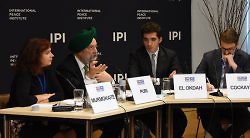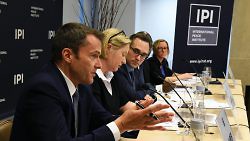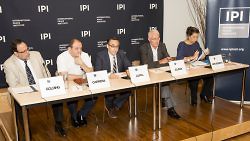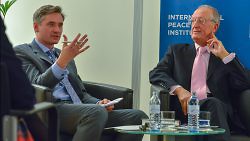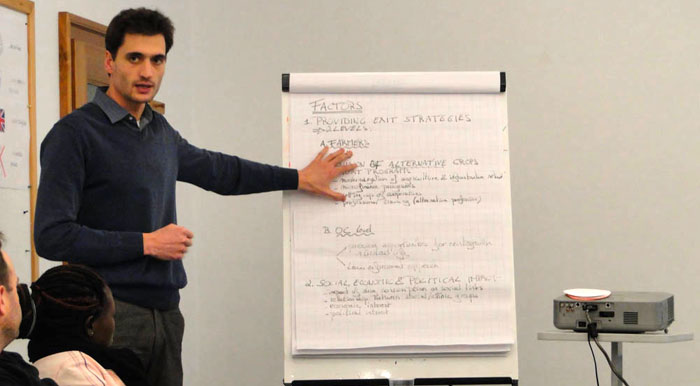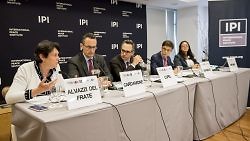
Organized crime, arms trafficking, and illicit financial flows are a chronic and ubiquitous problem among many developing countries. In 2015, the adoption of United Nations Sustainable Development Goal (SDG) Target 16.4 decisively placed organized crime and illicit financial flows on the development agenda. While the focus of SDG 16 is on peace, justice, and strong […]
Read more